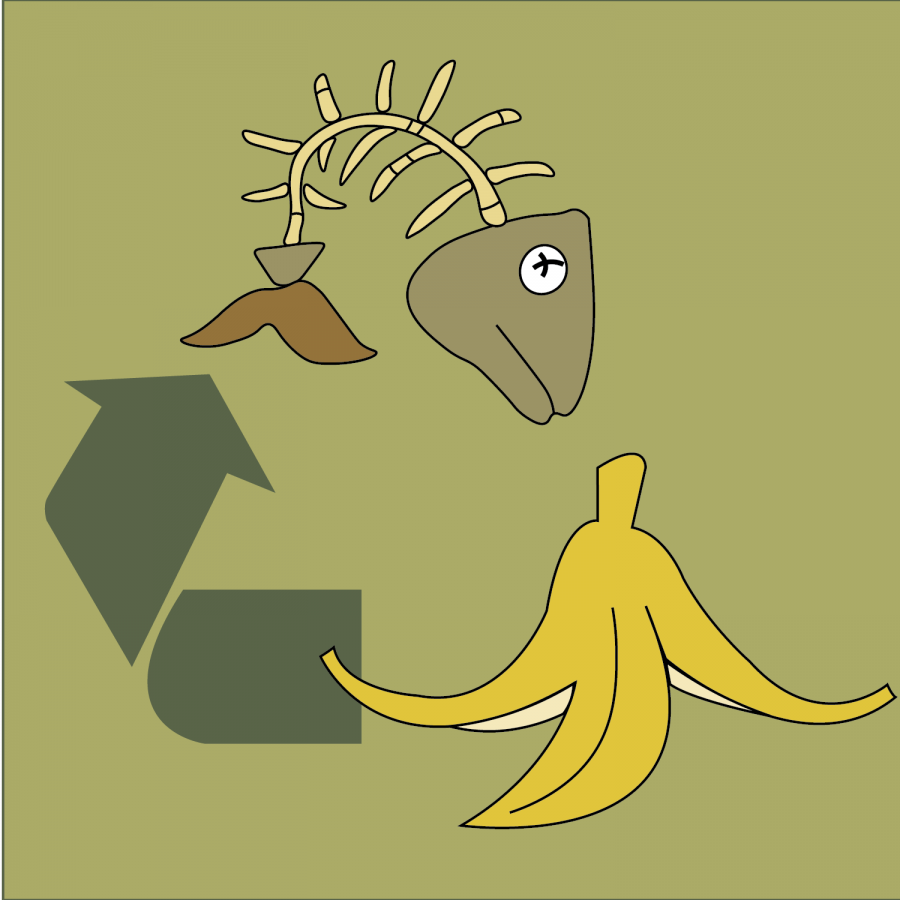Combating climate change on campus
October 24, 2018
The Intergovernmental Panel on Climate Change released a new report just a few weeks ago warning the world it has about 12 years to limit global warming to a moderate level.
Maintaining a moderate level would mean to maintain warming from exceeding another 1.5 degrees Celsius. If it fails to do so, the predicted consequences would be devastating.
This requires cutting global greenhouse gas emissions to zero by the year 2050.
The University has the same goal. Its own Institute of Sustainability, Energy and Environment has dedicated itself to finding solutions for the growing demand for food, water and energy. Under the Illinois Climate Action Plan, the University made a commitment to achieve the same thing — carbon neutrality — by that same year.
Under iCAP, the University has already reduced greenhouse gas emissions from 574,844 metric tons in 2008 to 413,107 tons in 2018. By 2040, these emissions are expected to reach just 123,935 tons.
Get The Daily Illini in your inbox!
The liaison to iSEE, Morgan White, who works at Facilities and Services, explained Sustainability Working Advisory Teams is comprised of two students, two faculty members and two staff. They meet bi-weekly to review progress on objectives like these and make recommendations for improvement.
“We want to develop our campus as a pilot for other communities,” Professor Ximing Cai, the associate director for campus sustainability, said.
Every member of campus is capable of aiding this effort.
In fact, each student at the University already supports the effort to improve sustainability on campus just by paying tuition, which accounts for the Sustainable Campus Environment and Cleaner Energy Technology fees.
The Student Sustainability Committee, a group of 12 students dedicated to improving sustainability on campus, decides which project proposals receive this funding, along with the help of 10 faculty members and staff.
Adrian Chendra, chairman of the SSC, said projects that stand out all have one distinctive trait in common: passion.
While meeting general SSC requirements does not guarantee approval, it is open to everyone. Any student or faculty member can submit a project proposal, regardless of major or background.
For students and faculty who are interested in combating climate change but do not have a specific project in mind, iSEE recommends educating themselves and others.
Cai explained students are the future working force, and it is up to the next generation to reduce the impact of climate change in the future.
“That is why it is so important for the University to pay attention,” he said.
Chendra explained a common misconception when it comes to climate change is the tendency for most people to see climate change and sustainability as mutually exclusive to other parts of their life.
The effects of climate change do not end with rising sea levels and devastating droughts. The impacts of climate change have the potential to extend into other parts of life like the economy. Climate change has the potential to alter job positions in certain industries and even affect the prices and taxes on certain goods and services.
External Vice Chair of the SSC, Sarah Gediman, backed up the misconception of exclusivity when she said, “A lot of people think environmental advocacy requires a lot of time and effort … but there a lot of small things you can do everyday that are not particularly inconvenient.”
White provided some examples of these small things, including daily activities and actions such as car-free living, recycling, right-sizing your meals and partaking in Meatless Mondays. Even just turning off lights in homes can help.
The impact of these activities may seem insignificant, she said, but they add up greatly when many people participate in them.
“We are making a difference,” she said.
Just last year, the University earned Gold Level honors in the Sustainability Tracking, Assessment and Rating System (STARS) for the third time in a row. STARS is currently the nation’s most comprehensive sustainability rating system.
As of right now, iSEE is getting ready to plan for the 2020 iCAP. Cai also mentioned that iSEE is planning on developing a tour to show people what has been done on campus in the hopes that other communities will follow.
“Eventually, can we overcome the problem?” Cai said. “I do not know, but I am optimistic.”







